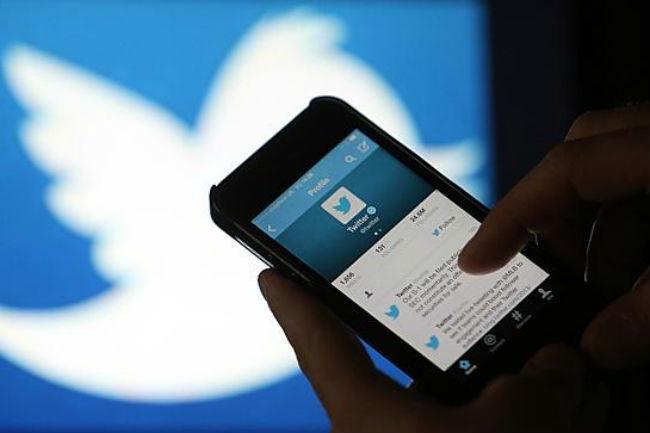
The deal is thought to be worth between $30 million and $40 million, and comes after several months of talks.
In a blog post announcing the buyout, Twitter’s Christian Oestlien offered some background, explaining that the move was motivated by the fact that in the next few years billions of people in developing nations such as Brazil, India and Indonesia will be coming online for the very first time.
“For many, their first online experience will be on a mobile device – but the cost of data may prevent them from experiencing the true power of the Internet,” Oestlien wrote, adding that Twitter, with ZipDial’s assistance, will be in a position to bring more of its content to more people, which of course should mean more ad revenue for the San Francisco-based company.
ZipDial’s services, which allow users to follow and engage with content across a a wide range of interfaces, include a so-called ‘missed call’ system that lets users engage with a publisher or brand by making a toll-free ‘missed call’ to a designated phone number.
Oestlien explains: “The caller will then begin receiving inbound content and further engagement on their phone in real time through voice, SMS or an app notification. These interactions are especially appealing in areas where people aren’t always connected to data or only access data through intermittent Wi-Fi networks.”
ZipDial founder and CEO Valerie Wagoner said in a blog post the partnership with Twitter was “a huge achievement” for the four-year-old Indian startup, with its goal to “make Twitter even more accessible in emerging markets.”
Although Twitter currently has around 284 million users, data released last year suggested growth is slowing. With this in mind, its acquisition of a startup like ZipDial makes perfect sense as the company pushes more deeply into fast-growing nations in a bid to tap the huge potential such markets present.

